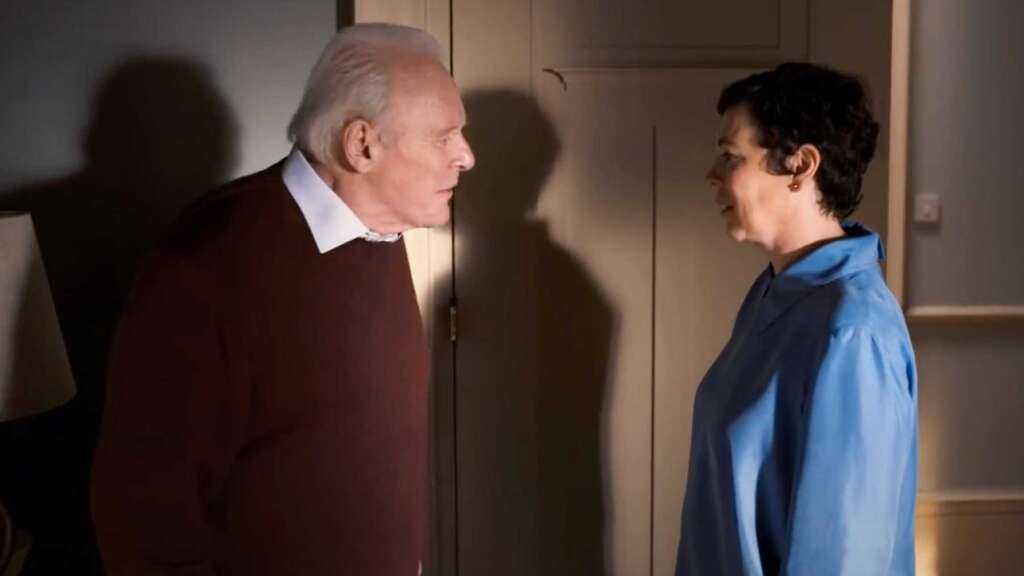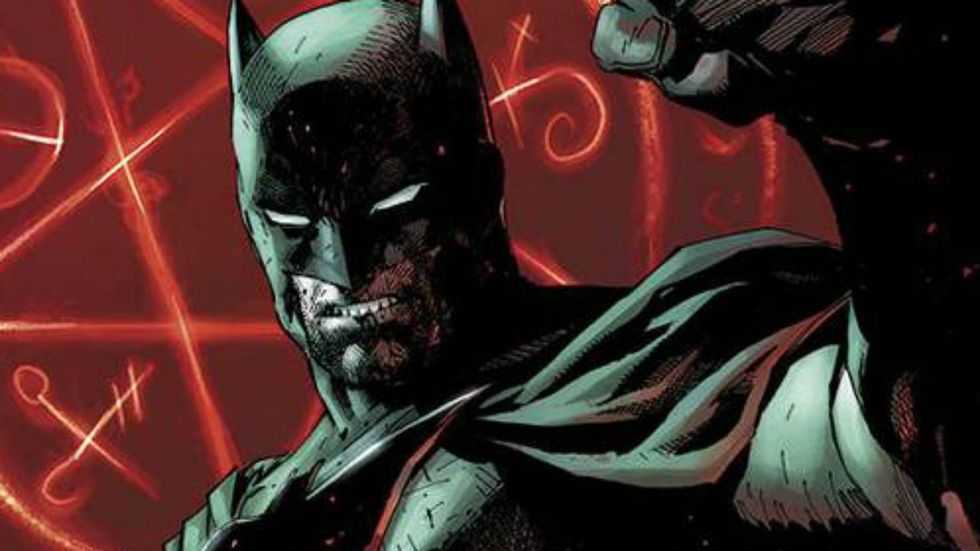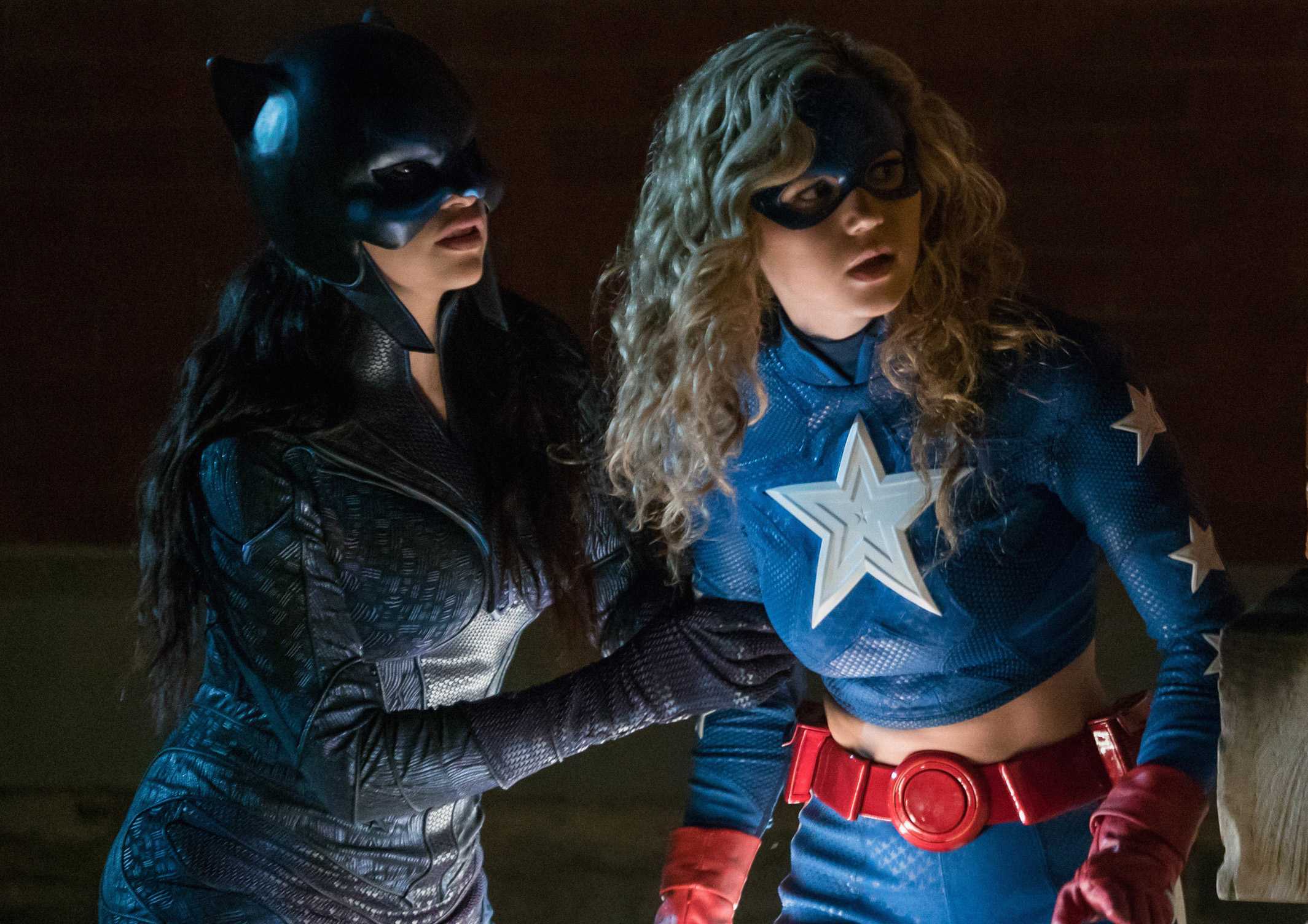Based on the 2012 award-winning play Le Père, The Father is a powerful and immersive portrayal of dementia and the detrimental effects of aging. Premiering at Sundance Film Festival back in 2020, the film faced a packed year of similarly themed dramas, with many takes exploring the effects of the illness. The festival season saw the debut of Natalie Erika James’s fascinating horror Relic, Viggo Mortensen’s family drama Falling and Harry Macqueen’s tender but heartbreaking love story Supernova all feature the illness. However, this powerful drama takes a unique and differing approach to portraying dementia, paired with an award-winning performance from Sir Anthony Hopkins.
Directed by Florian Zeller, The Father centres on the aging Anthony (Anthony Hopkins) who slowly loses his grip on reality due to the onset of dementia. His daughter Anne (Olivia Colman) attempts to help him as best as she can, but her circumstances change when she’s faced with an opportunity to move to Paris with her boyfriend Paul (Rufus Sewell). She subsequently trials various live-in carers to help Anthony, but his confusion over his circumstances leads him to lash out, fracturing their relationship.
Zeller uniquely frames events through the lens and perspective of Anthony, who’s diminishing memories and grasp on events equate to a wholly unreliable narrator. This proves an intricate and immersive experience, immediately positioning the viewer with a similarly overwhelming sense of confusion and disorientation. Dementia in film is often portrayed from an outside perspective, usually an older child who’s witnessing their elderly parent or loved one deteriorating. So with this approach, The Father feels like an innovative yet more horrific take on the illness.
This bewildering and frustrating feeling is further reinforced by the use of a non-linear narrative. Zeller replays scenes from different angles, but varies details such as the furnishings in the two flats or switching actors in key roles, leaving us to work out what is and isn’t real. Fragmented memories of his past are also tragically woven into the narrative, along with the mystery of his disappearing watch. The tone also often shifts, reflecting Anthony’s frame of mind. One moment he’s dancing away, convincing his potential carer that he used to be a tap dancer, while the next minute he’s berating her for giggling along.
Oscar-winner Sir Anthony Hopkins perfectly encompasses the many emotions which stem from the overwhelming feeling of helplessness and confusion. He masterfully steers the film with a layered performance, impressively flitting from joy to anger in mere seconds. Anthony’s pride is his downfall as he attempts to battle against both his daughter and the fact that he needs help with his condition, pushing her and the potential carers away with his unpredictable behaviour. Hopkins is absolutely perfect in the role, recently scooping Best Actor at the British Independent Film Awards for his performance, which will break your heart, particularly in the unsettling finale.
It’s no mean feat to go toe-to-toe with Hopkins, but Olivia Colman impressively does just that. Her performance as Anne is equally devastating and nuanced, particularly as you see the effect her father’s deterioration has on their relationship, along with her marriage. It’s clear to see how often she must have the same conversation with him, chipping away at her each and every time. The supporting ensemble is equally packed full of British talent, with Mark Gatiss and Rufus Sewell on fine villainous form, along with a charming turn from Imogen Poots.
Much of the events unravel between Anne and Anthony’s very similar flats, with Peter Francis’s innovative set and production design also adding to the confusion. Repeated scenes switch between the separate properties, with the interior furnishing such as paintings, kitchen units and furniture often rearranged to throw you off. Ludovico Einaudi’s brooding score also adds an air of melancholy to proceedings.
Verdict
Featuring phenomenal central performances from Hopkins and Colman, The Father is an innovative and hugely poignant portrayal of dementia. Be prepared, Hopkin’s devastatingly powerful turn, particularly in the affecting closing moments, will sit with you long after the credits roll. Expect to see this feature heavily as a serious contender in the upcoming awards season.




